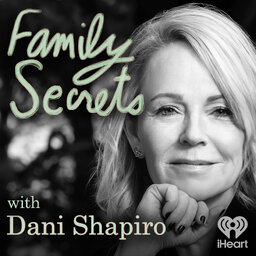Because of William
Daniel grows up idolizing William, his friend and future brother-in-law. William is adventurous, effervescent and inspiring. But William has other attributes, too—secrets locked inside himself and when they come out, Daniel’s world unravels.
 Family Secrets
Family Secrets


